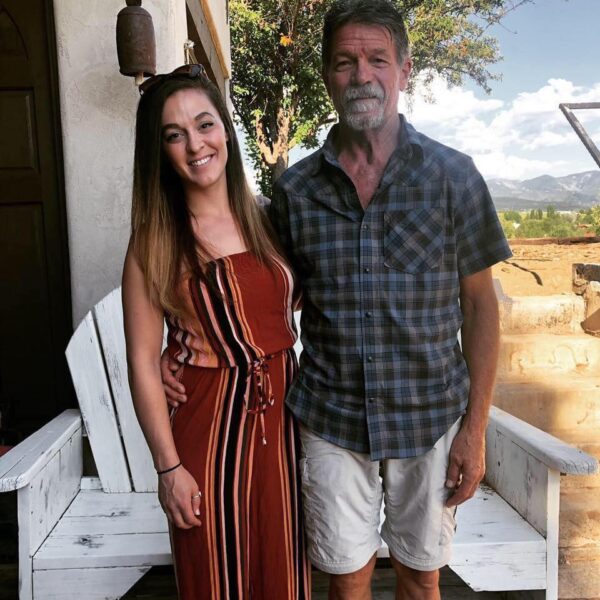Newman University Master of Social Work student Maggie Papalia, who’s also a graduate of the Bachelor of Social Work program, was recently awarded a prestigious $10,000 fellowship from the Council on Social Work Education.
Through the fellowship, Papalia will focus on meeting the mental health needs of BIPOC (Black, Indigenous and people of color) communities as a culturally competent behavioral health professional.
Papalia shared that she was “emotional” when she found out she was picked for the fellowship. It’s especially an honor because there’s typically a large number of applicants for the program, but only about 30 or 40 are selected.
Lindsey Stillwell, assistant professor of social work and interim director of the Bachelor of Social Work program, said that “to be selected as one of only 40 fellows is an honor.”
She continued, “It reflects Maggie’s exceptional potential and clear commitment to social work in mental health and/or substance use disorder services with racial and ethnic minorities.”
Papalia was initially drawn to the social work profession because of her own life experiences.
She grew up in a turbulent home as her mother had a history of mental health issues, addiction and alcoholism. While Papalia was provided with everything she needed as a child, she noted her family life was dysfunctional.
“I’m actually doing school social work right now [as part of my practicum], and I’m in contact with middle schoolers and have had a lot of reflection on how much I struggled when I was younger,” she shared.

Papalia herself started experimenting with drugs and alcohol at a young age. Her mother got sober in 2006, and Papalia supported her through her recovery, which was her first exposure to the resources available. By the time she was 22, though, her mother relapsed and lived on the streets for a period. That’s when things got especially bad for Papalia.
It was her dad who finally found her a treatment center in 2014. Papalia explained it took a couple of tries, but she was able to get sober.
Today, Papalia is proud to share she’s nearly 10 years sober.
“Getting sober at a young age was challenging but necessary,” she said.
Since then, she has put her recovery above everything else.
“Everything I have in my life today is the result of the work I’ve put into my recovery,” Papalia said. “I wouldn’t have any of this if I wasn’t sober. I’m a completely different person.”
She added that when she initially got sober, she didn’t have a place to live, a debit card, a car, a cell phone or basically anything. When she went into sober living, she had to build from the ground up.
It was really powerful to start from nothing.
Maggie Papalia
“It was really powerful to start from nothing,” she said.
Now, Papalia is able to take her experiences and grit and help others who are in need. She loves the value and mission of the social work profession and being able to be of service.
During her Bachelor of Social Work practicum at Newman, Papalia worked as a case manager at a transitional home for adult women survivors of sex trafficking and exploitation. She continues to work there, helping support women from across the United States who’ve experienced trauma to navigate their lives and support them as they gain access to resources within the community.
After earning her degree this past spring, she immediately started the Master of Social Work program at Newman. For that practicum, she’s currently working within a school district that’s largely low-income and minority populations. Some children are homeless, have parents in gangs and deal with other difficult circumstances.
Stillwell described Papalia as a “highly determined” student.
“At one point, she had some setbacks that might have caused any other student to quit,” Stillwell said. “Instead, Maggie exemplified a degree of perseverance that speaks so much about her character. In the classroom, Maggie is always so open, empathetic and willing to learn about and from other people’s experiences.”
The same characteristics Stillwell described make Papalia uniquely qualified for the social work profession. Some of the resources she’s led people to are ones she used while starting over, too.
“Certainly my background has facilitated more understanding and more compassion,” she said.
She’s also thankful for her Newman experience and the supportive faculty who’ve helped guide her.
“I’m really grateful for the education I’ve received at Newman,” Papalia said. “I certainly wouldn’t have gotten the fellowship if I wasn’t there.”
Earn a master’s degree in social work
Social work is not just a job, it is a helping profession rooted in dedicating oneself to continuous growth, learning, change and becoming the best version of yourself.

